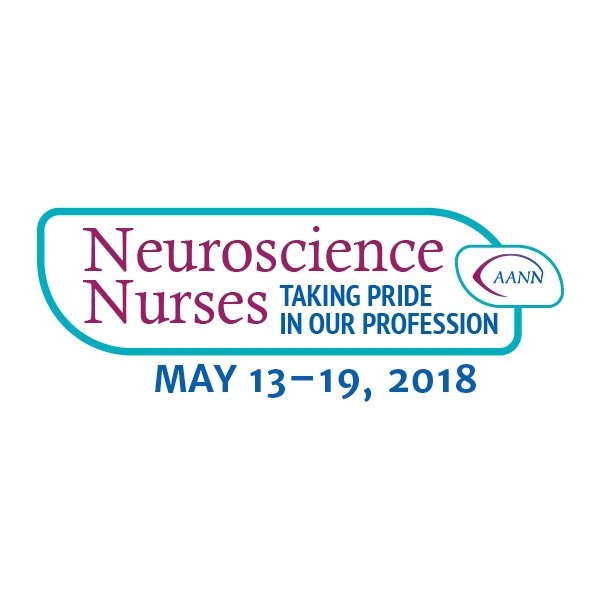Every year, National Neuroscience Nurses Week is celebrated in the third week of May. The week honors nurses who dedicate themselves to this field and to the patients and families impacted by everything from severe head trauma to stroke.
Neuroscience nurses focus on the brain and the injuries and diseases that impact this essential and highly complex organ. With the rapid-fire developments in the field and the distinctive ways each person’s brain responds to any kind of disruption, neuroscience nurses’ skills are always evolving.
The American Association of Neuroscience Nurses, which has local chapters throughout the country, helps nurses with professional development, networking, and staying current with the latest trends and technology in the field. As a professional organization, it offers information on how nurses can obtain Certified Neuroscience Registered Nurse (CNRN) certification or a Stroke Certified Registered Nurse (SCRN) certification.
Neuroscience nurses care for patients who are vulnerable and who sometimes have injuries or diseases that have an uncertain prognosis. They may care for patients who have newly diagnosed multiple sclerosis, advanced Parkinson’s, encephalitis, or have recently suffered a mild or severe stroke. They may treat those who have been in a serious car accident and suffered a head injury or someone who has a neurological injury from a fall. They might also plan out care and treatment for patients with epilepsy or recovering from meningitis.
While caring for the patient, they must help families cope with the uncertainty or the potentially long recovery, and they also must guide them in the care they will need to provide to increase the prognosis for each patient. The patients might need occupational, speech, or physical therapy to relearn how to do many activities of daily living, and nurses will work with those teams as well.
Because of the variety of needs for neuroscience nurses, the field has potential job openings in many settings including hospitals, rehabilitation centers, nursing homes, and trauma units. An aging population also increases the demand for neuroscience nurses as various illnesses and conditions impact an aging brain.
Neuroscience nurses must have excellent critical thinking skills as each patient will respond differently to therapies and treatments. They also have many ways of helping and engaging both patients and families to improve outcomes.
Thank a neuroscience nurse in your life this week!
- A Camp Nurse Volunteer Shares the Joy - April 30, 2024
- Is the FNP Program Right for You? - April 24, 2024
- WOC Nurses Week Highlights Specialty - April 16, 2024



